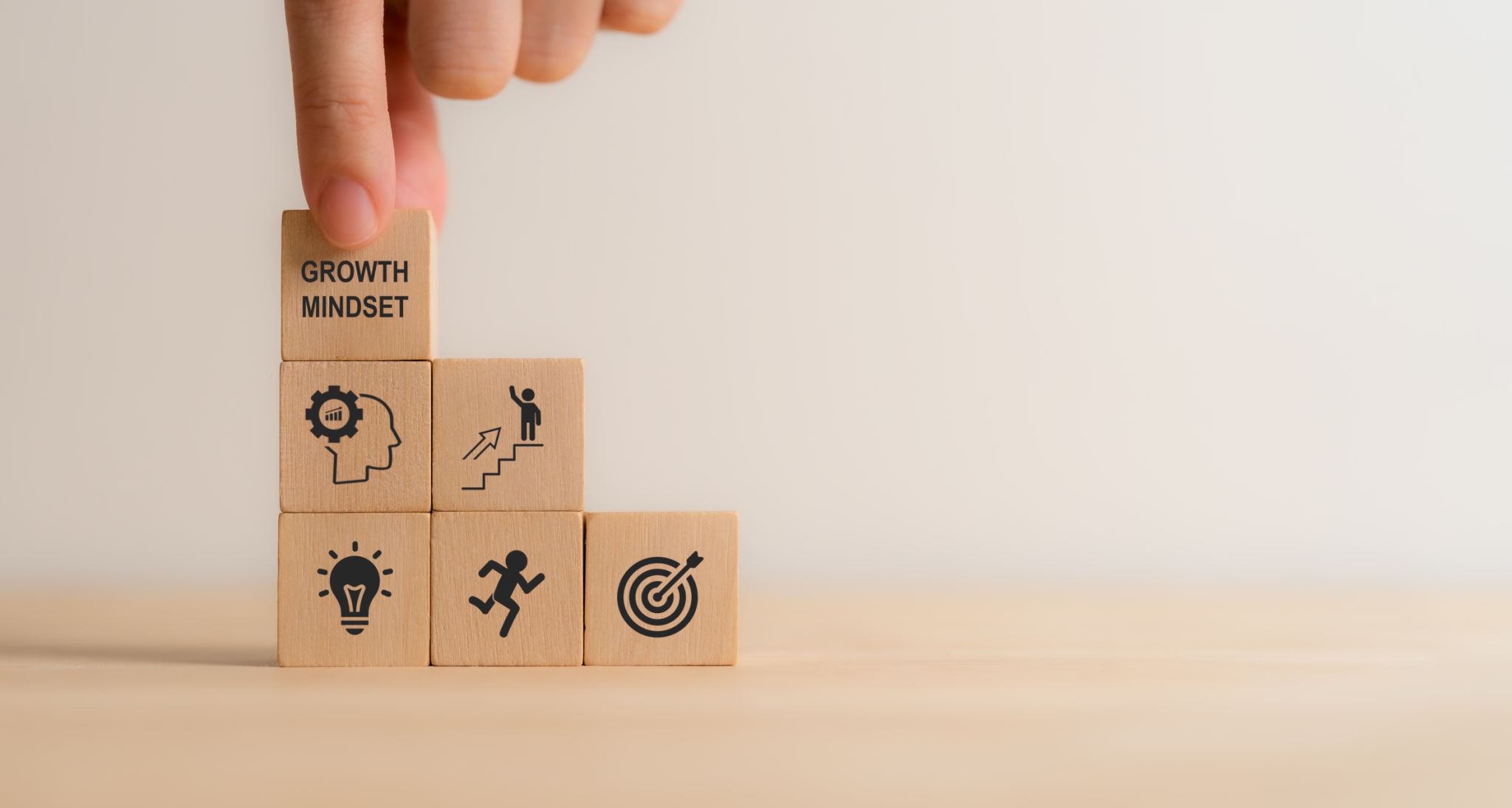Mastering Mindset: Proven Strategies for Lasting Transformation
Understanding the Power of Mindset
Mindset is more than just a buzzword; it's a powerful tool that shapes how we perceive and interact with the world. The concept of mindset refers to the collection of beliefs and attitudes that influence our thoughts, feelings, and behaviors. Recognizing its significance is the first step towards mastering it.

The Two Types of Mindset
Renowned psychologist Carol Dweck identified two primary types of mindset: fixed and growth. A fixed mindset assumes that abilities and intelligence are static, leading individuals to avoid challenges and fear failure. In contrast, a growth mindset embraces challenges, seeing them as opportunities for development and learning. Adopting a growth mindset is crucial for transformation.
Strategies for Cultivating a Growth Mindset
Transforming your mindset requires intentional effort and strategies. Here are some proven methods to nurture a growth mindset:
- Embrace Challenges: View challenges as opportunities to grow rather than obstacles to avoid.
- Learn from Criticism: Feedback is a valuable tool for improvement; use it constructively.
- Celebrate Effort: Recognize and reward the effort, not just the outcome.

The Role of Self-Talk
The way we talk to ourselves plays a significant role in shaping our mindset. Positive self-talk can enhance confidence and resilience, while negative self-talk can undermine progress. Practice reframing negative thoughts into positive affirmations to reinforce a growth-oriented mindset.
Building Resilience Through Mindset
Resilience is the ability to bounce back from setbacks, and a growth mindset is key to building it. By viewing failures as learning experiences rather than personal shortcomings, we develop the resilience needed to persevere through challenges. This shift in perspective can lead to lasting transformation in both personal and professional life.

Setting Goals that Foster Growth
Goal setting is an integral part of mindset mastery. Instead of focusing solely on outcome-based goals, incorporate process-oriented goals that emphasize learning and development. For example, aim to learn a new skill within a certain timeframe rather than merely achieving a specific result.
Practicing Gratitude as a Mindset Tool
Gratitude is not just about being thankful; it's a powerful tool for enhancing mindset. Regularly practicing gratitude shifts focus from what's lacking to what is already present and positive. This change in focus can increase overall happiness and motivation, fostering a more optimistic outlook on life.
The Importance of Consistency
Mindset transformation does not happen overnight; it requires consistent effort and practice. Regularly engaging in activities that promote a growth mindset, such as journaling, meditation, or seeking new learning opportunities, can solidify these changes over time.
In conclusion, mastering your mindset is an ongoing journey that involves embracing challenges, learning from feedback, and maintaining a positive outlook. By implementing these strategies, you can achieve lasting transformation and unlock your full potential.
